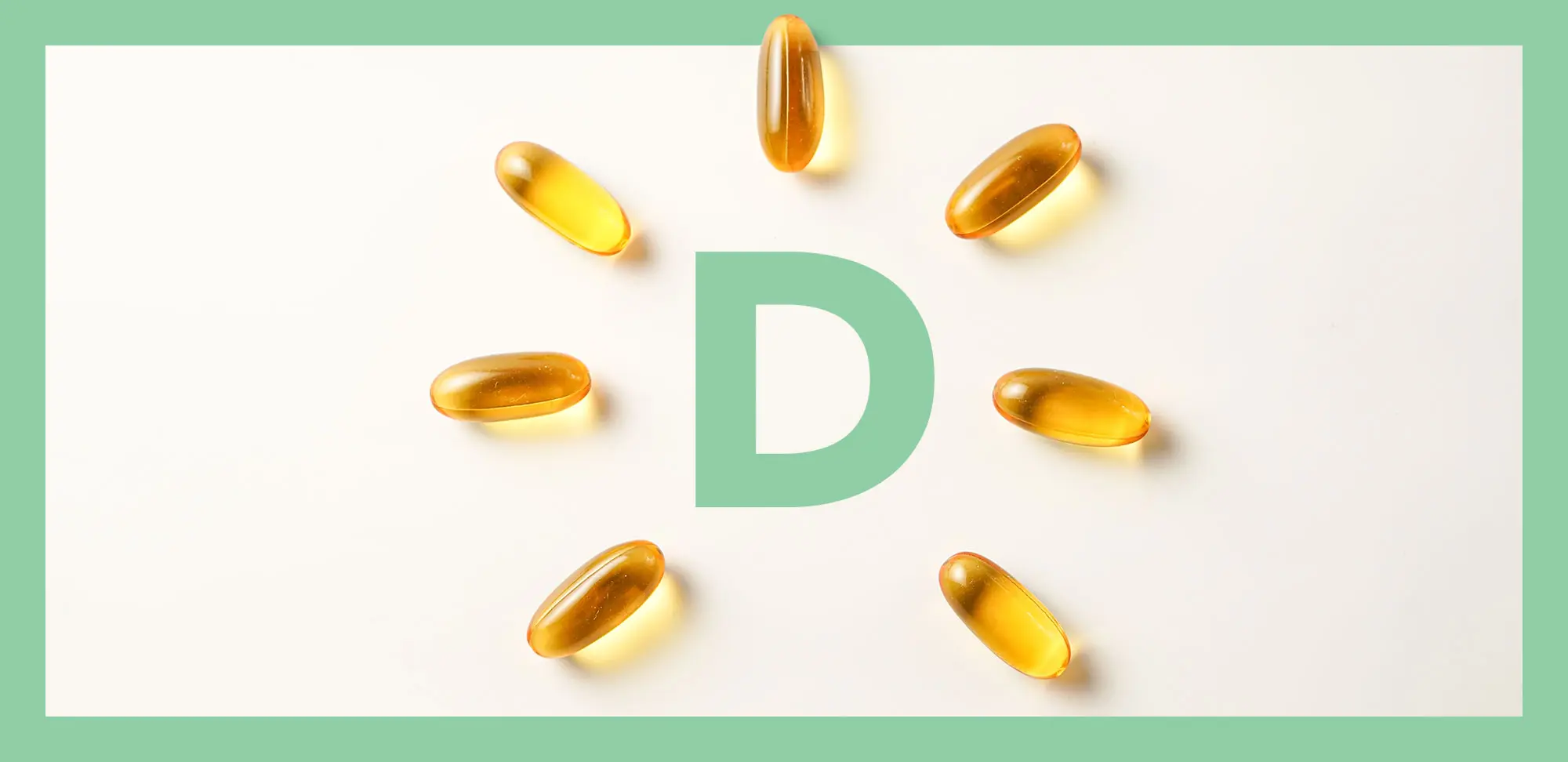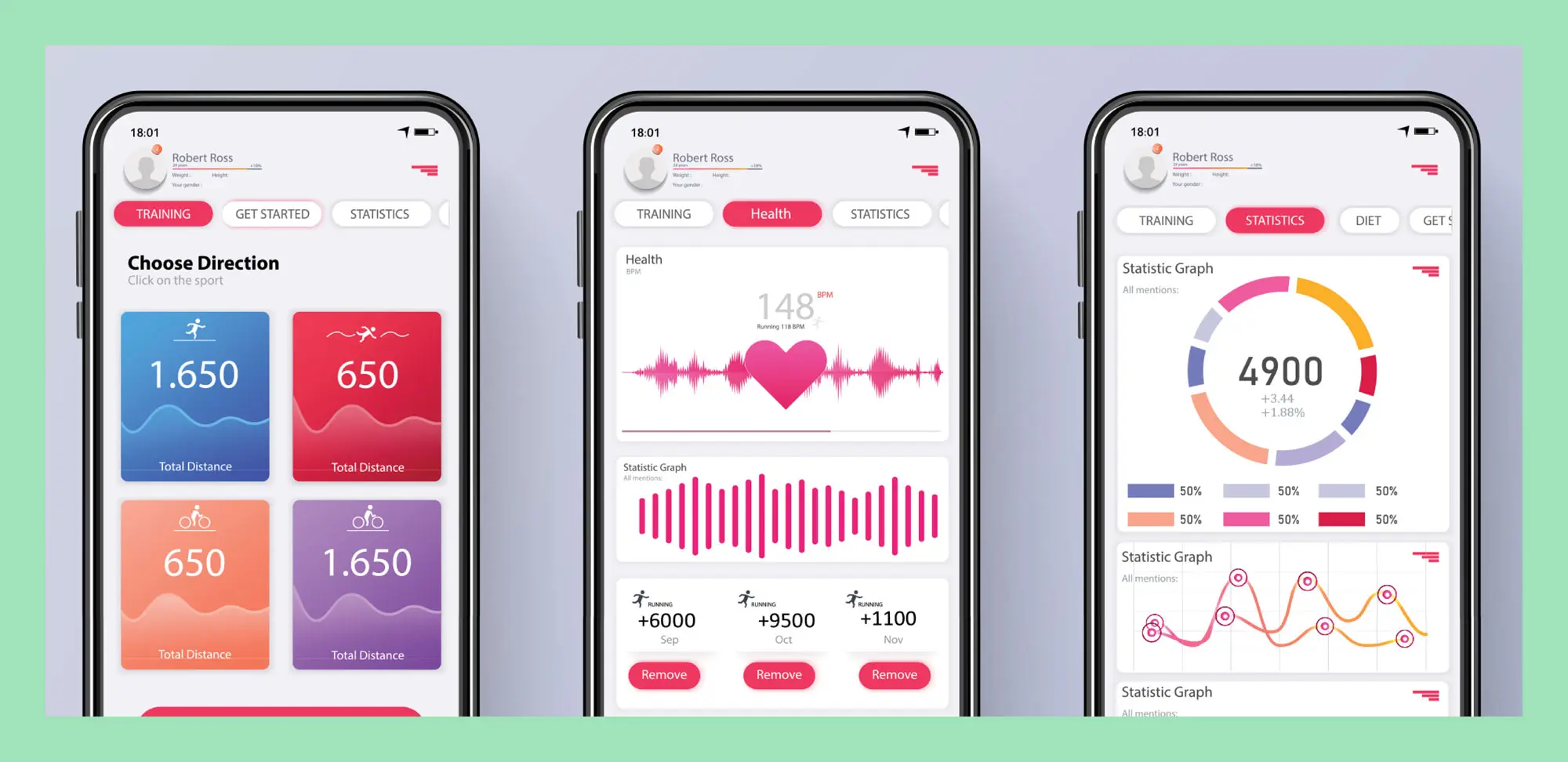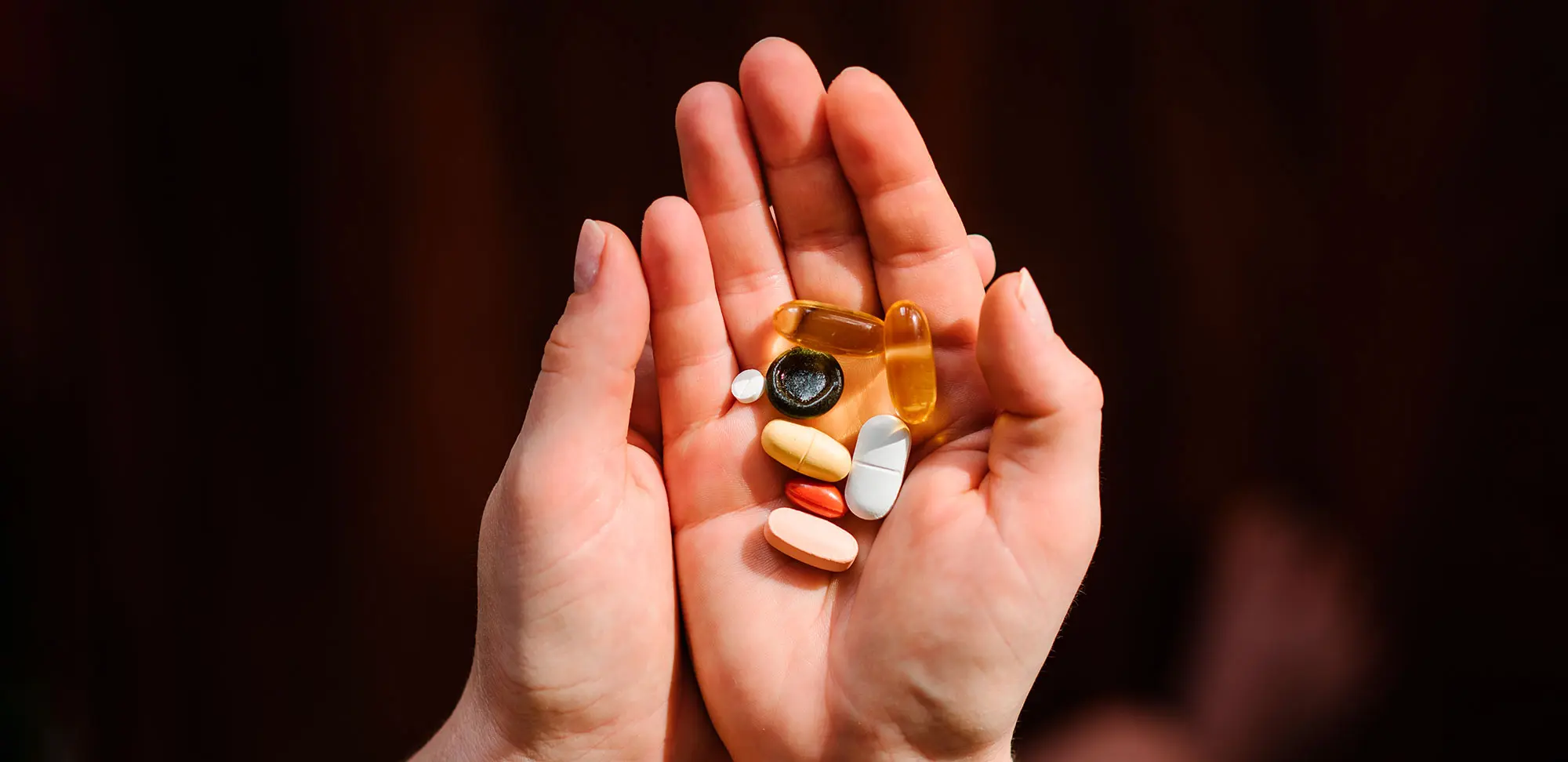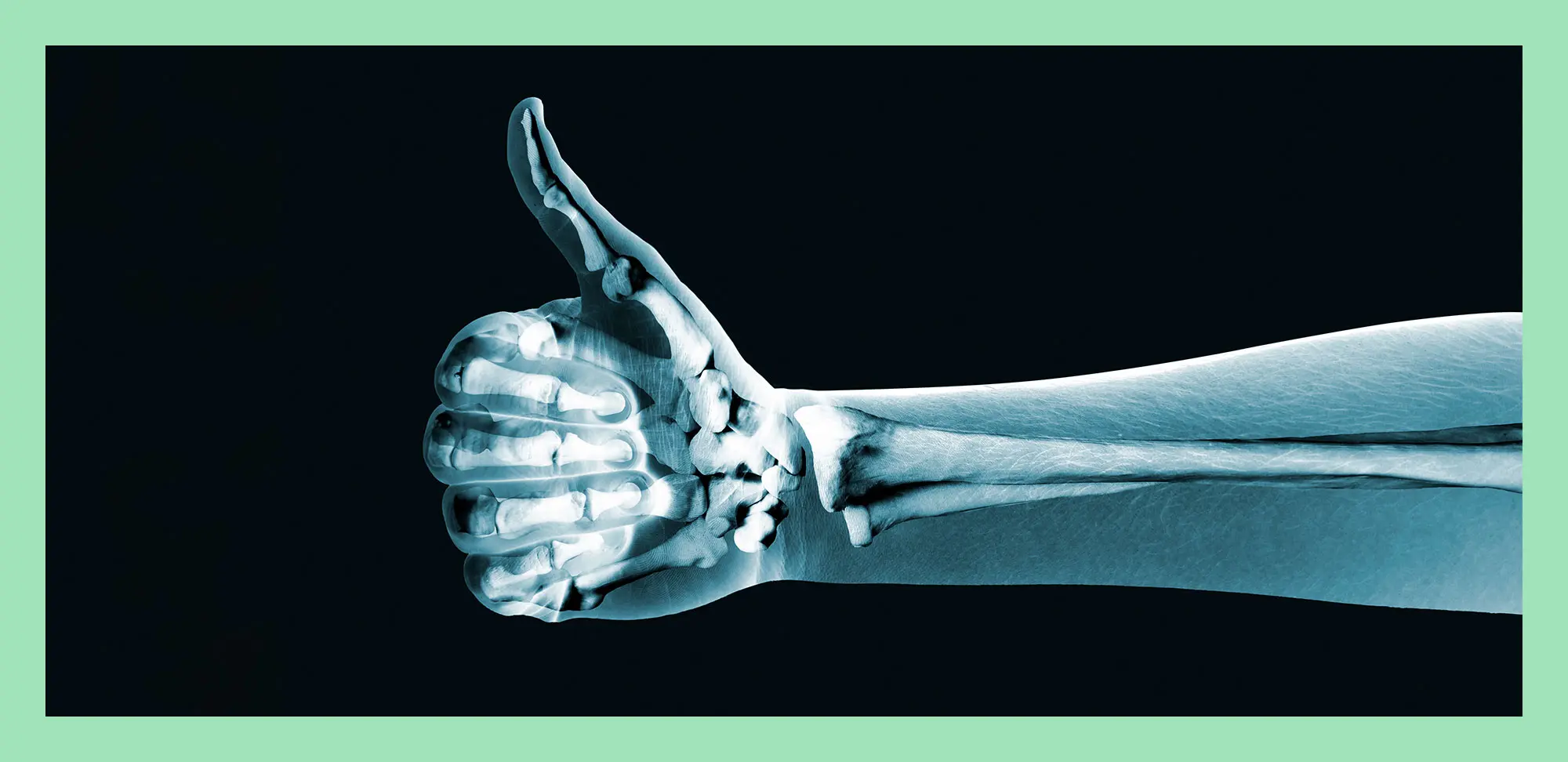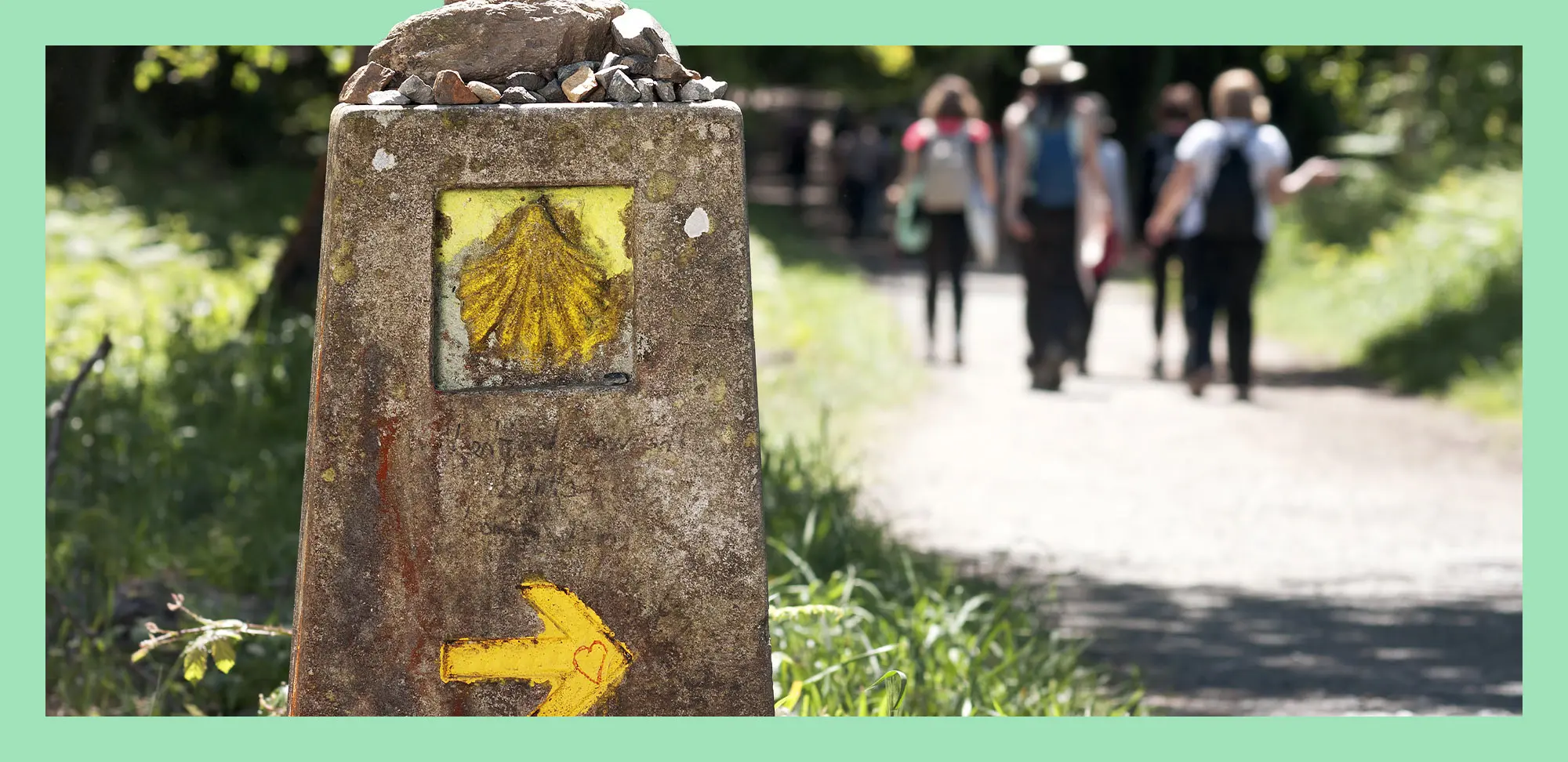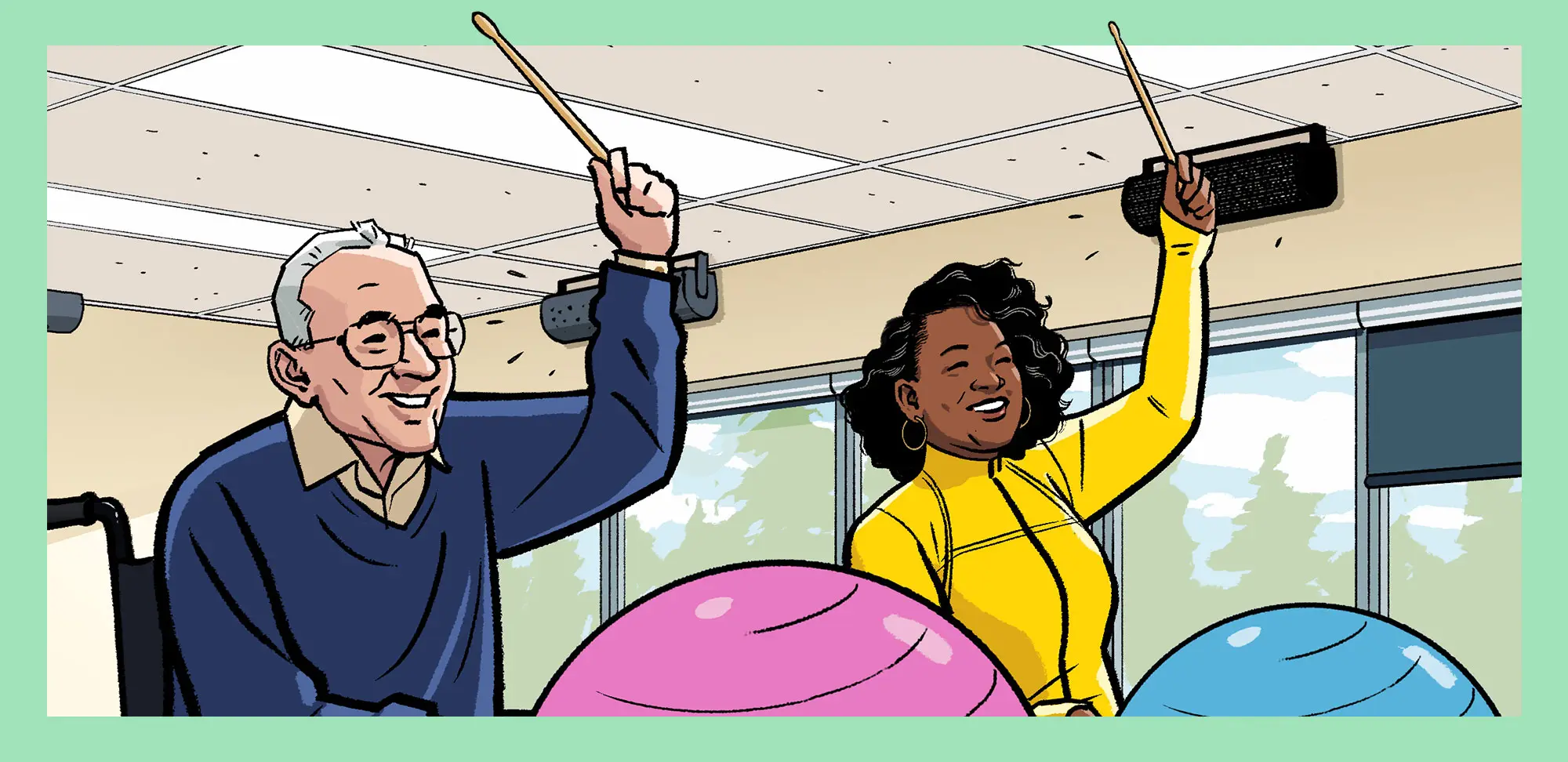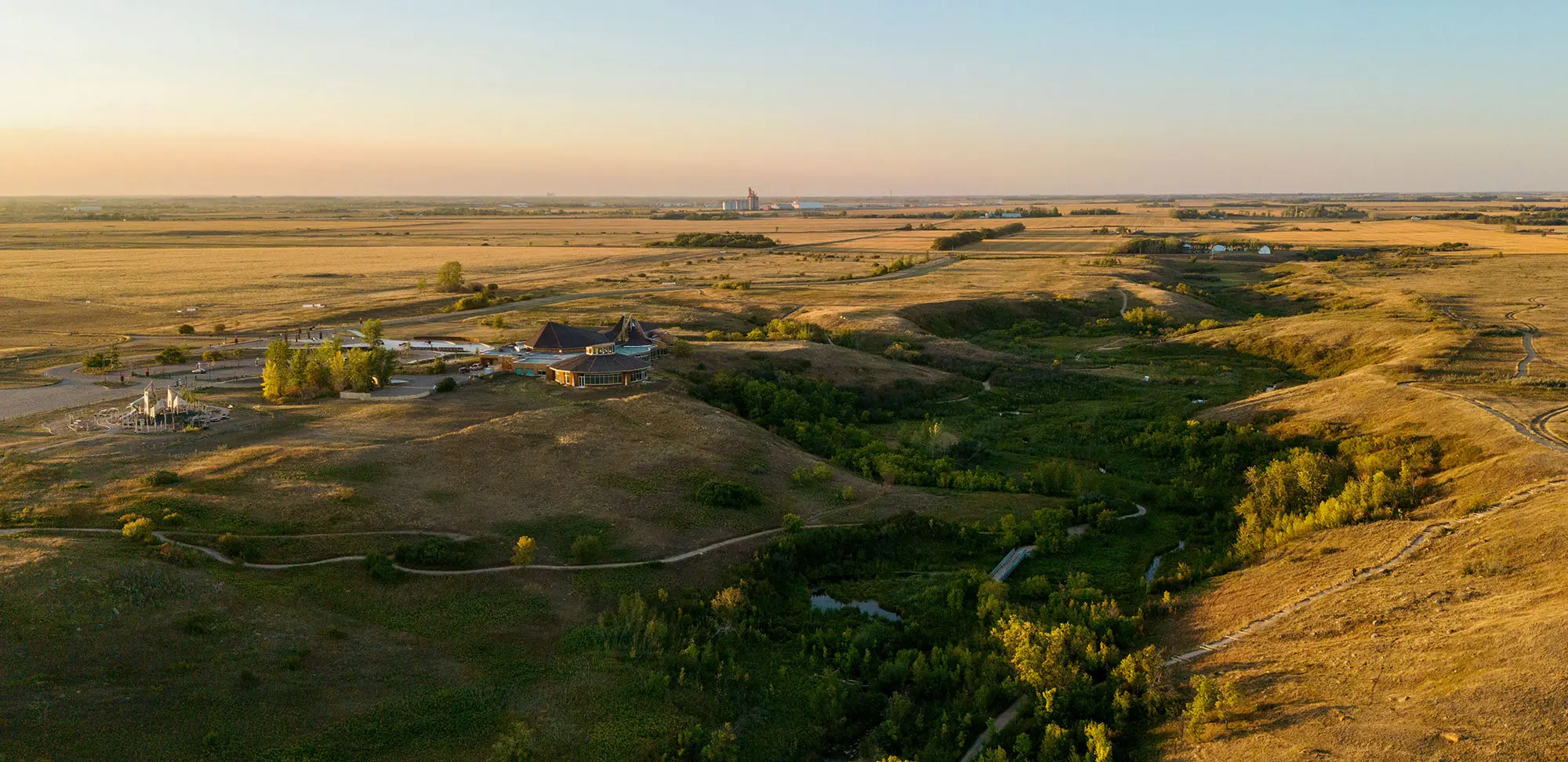Your body needs vitamin D to stay healthy. Sun exposure produces vitamin D in your body.
Sunscreen blocks the sun’s harmful UVB rays, limiting the amount of vitamin D your body produces. So . . . should you wear sunscreen when you’re outside?
Dermatologists want to set the record straight: Yes, you should.
Vitamin D is essential for building and maintaining healthy bones and muscles, especially in children and older adults. There’s some evidence from observational studies that vitamin D may also prevent heart disease, type 1 diabetes and rheumatoid arthritis. And not getting enough vitamin D can lead to muscle aches and weakness, weakened bones and perhaps to osteoporosis.
A vitamin D deficiency is defined as a concentration of 25-hydroxy vitamin D (the active form of vitamin D) below 30 nanograms per millilitre, although 30 to 50 ng/mL is considered inadequate for bone and overall health.
Yes, one source of vitamin D is the sun. Ultraviolet B (UVB) radiation is absorbed through the skin, goes into the bloodstream and travels to the liver and kidneys, where it’s turned into the active form of vitamin D. But that UVB radiation is the same wavelength that damages DNA.
But the sun doesn’t provide adequate amounts of the vitamin. For one thing, during Canadian winters, you’re unlikely to get much UVB, “even if you stood out naked all day long,” says Dr. Cheryl Rosen, head of the dermatology division at Toronto Western Hospital. And if you get too much sun, your body stops making vitamin D. Instead, it’ll start turning vitamin D into inactive compounds called tachysterol and lumisterol, she says. “That’s very clever of the skin; it prevents you from being vitamin D toxic if you stay out in the sun too long.”
For these reasons, dermatologists keep emphasizing that you should get most of your vitamin D from diet or a supplement.
The recommended daily allowance for vitamin D is 600 international units (IUs) per day for those aged 51 to 70 years old and 800 IUs per day after that.
Vitamin D is found in small amounts in only a few foods, including egg yolks and fatty fish such as herring, mackerel, sardines and tuna. Vitamin D is also added to some dairy products, juices and cereals. So it might be difficult to get your daily allowance of vitamin D from diet alone. That’s where supplements come in; experts recommend that adults older than 50 take a supplement with at least 400 IUs per day.
Ask your healthcare provider if taking a vitamin D supplement is right for you. And whether or not you take a supplement, you should eat foods that contain vitamin D and practise sun safety.
So what does being sun-safe mean? No more than five to 15 minutes a day of unprotected sun exposure. Anything more than that can raise risks of skin cancer.
Older Canadians may be at particularly high risk for skin cancer because they’ve had a lot of sun exposure over the years. “They’ve spent their life out in the sun, and when they were young, no one talked about sun protection,” Rosen says. “That’s why the skin on their face and arms and the backs of their hands doesn’t look like the skin on their stomach or other hidden areas of skin.”
To protect against photoaging – sun exposure that makes your skin look older – and skin cancer, dermatologists strongly recommend using a broad spectrum (UVA/UVB) sunscreen with an SPF of 30 or higher as well as wearing sun-protective clothing such as wide-brimmed hats and shirts and sunglasses that filter UV rays. And remember, the sun is strongest between 10 a.m. and 3 p.m., so wear extra sun protection at that time of day.
